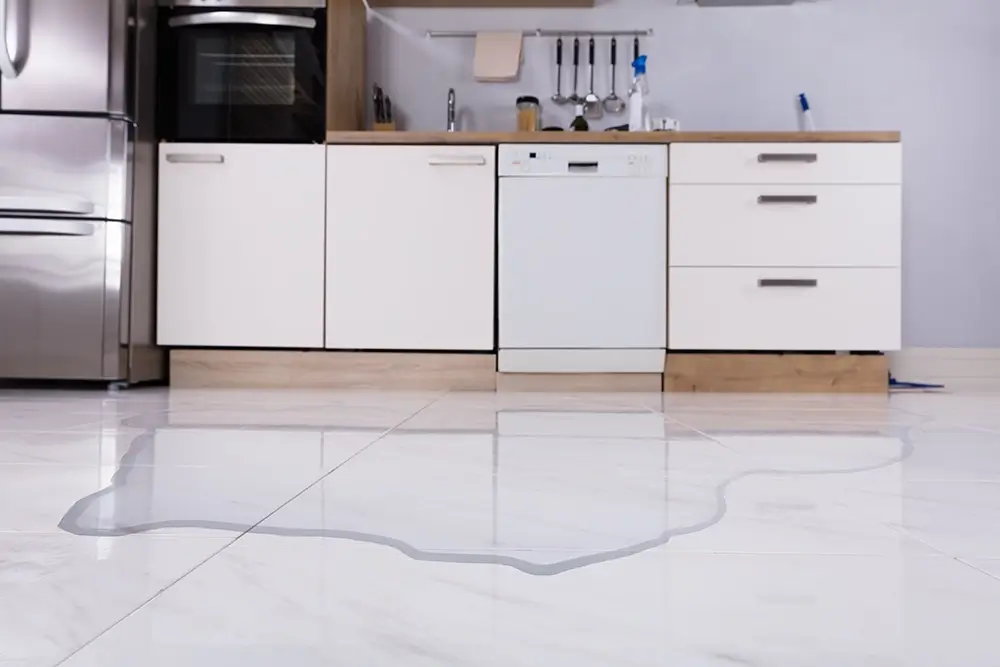
Green Home Water Sensors: A Smart Leap for Eco-Friendly Living
Share
In a world that's constantly evolving towards more sustainable and eco-friendly living, the concept of green home water sensors is driving significant change. These sensors are not merely a technical addition to homes but a fundamental shift towards smarter and more responsible management of water resources. Whether you're a tech professional or a passionate enthusiast, understanding how these devices work and their immense benefits can inspire your step towards a greener domicile.
With the looming challenges of water scarcity and climate change, the role of smart water sensors in conserving precious water resources has never been more crucial. As more households and urban centers embrace this technology, it is imperative to understand its broad implications and potential for both current and future generations.

Understanding the Mechanics of Smart Water Sensors:
At their core, green home water sensors employ cutting-edge technology to detect leaks, monitor water usage, and provide alerts for irregular activities in your water systems. By integrating these devices into the homes plumbing, homeowners can remodel their approach to water usage, leading to enhanced conservation efforts.
When leaks occur, inline water leak detectors activate, notifying homeowners through smart devices and minimizing water wastage. This preemptive approach can prevent potential property damage often linked with undetected leaks. Imagine the savings not only in resources but in repair costs. Moreover, these sensors contribute to more informed water usage habits by directly offering insights related to your personal water consumption and identifying areas for improvement.
Advantages of Embracing Water Sensor Technology:
Revolutionizing Water Conservation:
The most notable advantage of adopting green home water sensors is their potential to significantly reduce water wastage. Unlike traditional settings, where minor leaks can go unnoticed, smart sensors detect and inform, allowing instant action to rectify the issue. Visit this link to explore ways to keep your devices always functional.
Cost-Effective and Resource Efficient:
These sensors present a phenomenal return on investment by saving homeowners substantial amounts on water bills. This savings is further heightened when factoring in the potential avoidance of repair costs due to leak-related damages. For tech professionals, understanding the cost and benefits associated with this tech can guide strategic decisions in personal and professional fields. If you're curious about potential savings, check out the quick guide here.
Implementing the Technology:
Installation and Integration:
The process of integrating water sensors might seem daunting, yet many manufacturers are dedicating efforts to streamline the installation. Professional guidance can further facilitate the integration of these sensors into your home system, ensuring optimal functionality. Assess the broader impacts this can have on urban systems by reading more about smart cities efforts in water conservation here.
Choosing the Right Sensor System:
The market today offers an array of choices when it comes to water sensors. Prospective buyers should evaluate factors including sensitivity levels, price, connectivity options, and brand reliability. Consulting resources like this Best Buy guide can offer clarity on the pros and cons of different systems.
Conclusion: The Road Ahead:
The presence of green home water sensors in our lives represents a pillar of change in the methodology of how we approach sustainability. As these devices become a staple in households globally, understanding their importance and functionality is essential to ensuring a future punctuated by sustainability and efficiency. Encouraging neighbors, sharing insights, and advocating for their use are crucial steps in paving the way for eco-conscious experiences that render long-term benefits.

Frequently Asked Questions (FAQs):
Are green home water sensors easy to install?
Yes, most models are designed with user-friendly interfaces, and many can be easily installed by homeowners. However, for optimal results, professional installation is recommended.
How do these sensors help in reducing water bills?
By detecting leaks and monitoring water usage, they help prevent wastage, thus reducing the overall water consumption.
What should I look for when choosing a water sensor?
Factors to consider include compatibility with your existing plumbing, brand reliability, connectivity options, and additional features like real-time alerts and usage reports.
